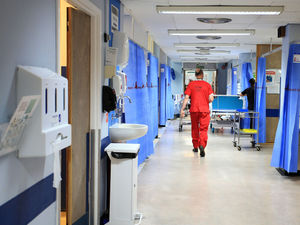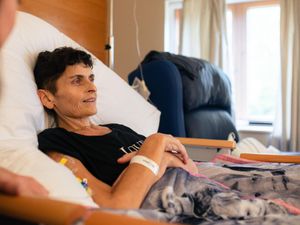More than £1 million to tackle Staffordshire's emergency care challenges
Staffordshire has been awarded over £1.6 million from the Government's urgent and emergency care fund allocated to ease winter health pressures and strengthen urgent and emergency care resilience and performance.

It will see local authorities awarded allocations of parts of the £40m fund to speed up hospital discharge, boost social care provision and prevent avoidable hospital admissions.
Staffordshire will receive £1,661,976 while neighbouring Shropshire gets £653,954 and Telford and Wrekin £363,277.
The money is targeted at areas having the greatest challenges with urgent and emergency – local authorities within integrated care systems (ICSs) identified by NHS England as experiencing the greatest challenges with urgent and emergency care were invited to put forward proposals for access to the fund
It is designed to provide additional community support for those at risk of hospital admission and for hospital discharge which will free up beds and support the NHS through winter
The money comes in addition to £200 million announced in September to boost resilience in the NHS and help patients get the care they need as quickly as possible this winter.
It can be used to buy more services aimed at keeping people out of hospital, as well as more packages of home care, which allow people to leave hospital faster and build back their independence.
Minister of state for care Helen Whately, said:"We know winter will be challenging, which is why we started preparing earlier than ever before so people get the care they need. We’re supporting local councils with targeted funding to use where it’s needed most.
"With a focus on speeding up hospital discharge and increasing social care provision, this money will help the NHS care for people through the winter."
Some of the money is expected to fund home care packages enabling a carer to visit a patient's home during the day and help them with everyday tasks. It can also be used to increase the amount of specialist dementia support available in the community,
Other proposals included plans for services such as patient transport provision to take people home from hospital, the provision of technology to monitor people at home, and additional capacity to undertake more assessments of an individual’s care needs.





